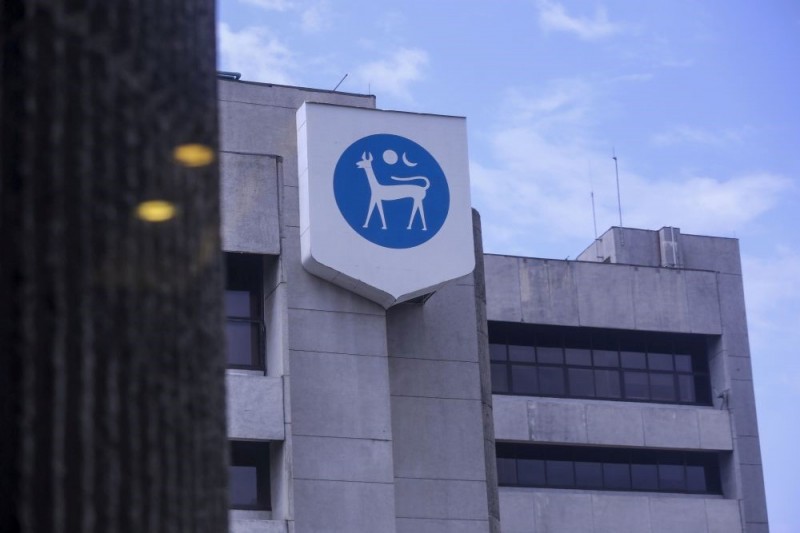
KUALA LUMPUR: It is not Bank Negara Malaysia's job to use the Overnight Policy Rate (OPR) to target interest rates at specific groups, economists said.
However, banks and the government can provide different interest rates in the market, such as subsidised rates or soft loans, to help specific groups.
"The OPR is a base rate of interest and not a commercial rate. It is set for overall economic policy based on economic conditions. So you cannot use the OPR to target interest rates at specific groups," said Malaysia University of Science and Technology lecturer Professor Geoffrey Williams.
"This is not the job of Bank Negara, and they should not do this. Targeted welfare assistance can be done through the Assistive Basic Income scheme proposal in the Barisan Nasional manifesto, for example," Williams told the New Straits Times.
"Different interest rates can be provided in the market, even subsidised rates or soft loans can target specific groups. This would be based on individual circumstances and not a one-size-fits-all basis," he added.
Williams was responding to a suggestion that any interest rate hike by Bank Negara should be targeted and that the OPR should not affect low-income groups and SMEs.
Bank Negara's setting of the OPR continues to come under scrutiny, with questions raised if the central bank is blindly following the United States hawkish monetary policy by aggressively raising interest rates to rein in inflation.
Putra Business School economics analyst Associate Professor Dr Ahmed Razman Abdul Latiff said Bank Negara's decision on whether to increase the OPR did not solely depend on the need to curb the rising inflation.
"Higher interest rate in the US compared to the low OPR in Malaysia will result in foreign investors taking away their investment here, especially on Malaysian Government Securities papers and invest in the US instead due to higher return on investment.
"This will also weaken the ringgit further. So Bank Negara has to make sure that Malaysia remains a good place for investments which can help strengthen the ringgit and, at the same time, ensure inflation is kept low."
Ahmed Razman, nevertheless, agreed that banks should offer lower interest rates on their loans to selected customers, such as those in low-income groups and SMEs.
"This will reduce their profit but it is not going to make them suffer from the losses. Before the pandemic until now, none of the local banks registered losses. Hence, they can afford to offer this kind of assistance or CSR," he said.
Juwai IQI chief economist Shan Saeed said most investors expected Bank Negara to analyse the market conditions and economy to continue to meet its mandate of price, growth and employment stability.
"Central banks have taken sole responsibility in delivering economic outcomes. Bank Negara has played its card very strategically since 2019 and will continue to buttress the economy at the macro level.," he said.
Shan said 2023 would be year whereby central banks will lower rates to bolster economic growth trajectory, adding that Malaysia's gross domestic product growth to meander around four-five per cent this year with consumption and investment as the key drivers.
"Presently, the domestic demand and investment look very solid and Bank Negara will maintain status quo.
"The ringgit has demonstrated structural stability and appreciated against the US dollar from 4.78 in October 2022 to 4.40 early this month. The ringgit-dollar rate for 2023 should trade between 4.10 and 4.37 with stability in place," he said.
Malaysian International Chamber Of Commerce & Industry spokesperson said increasing the OPR is something BNM is trying to do to rein in inflation.
"Targeting is a good move, but the ability to execute is a challenge due to too many variables, even in the definition of SMEs, and whether the SME is profitable, or in the essential services like what we saw during the MCO, to determine who can operate or not," the spokesperson said.
Source: https://www.nst.com.my/business/2023/01/868541/not-meant-specific-groups

